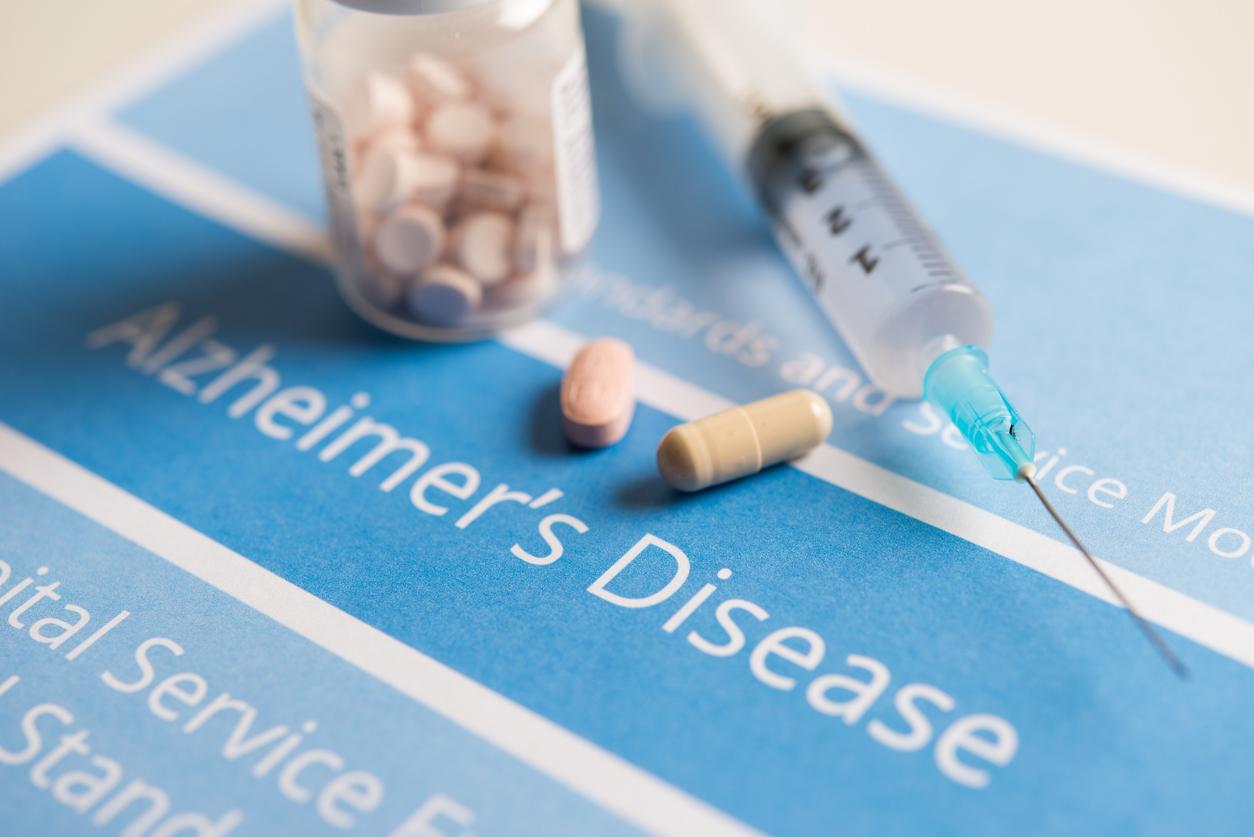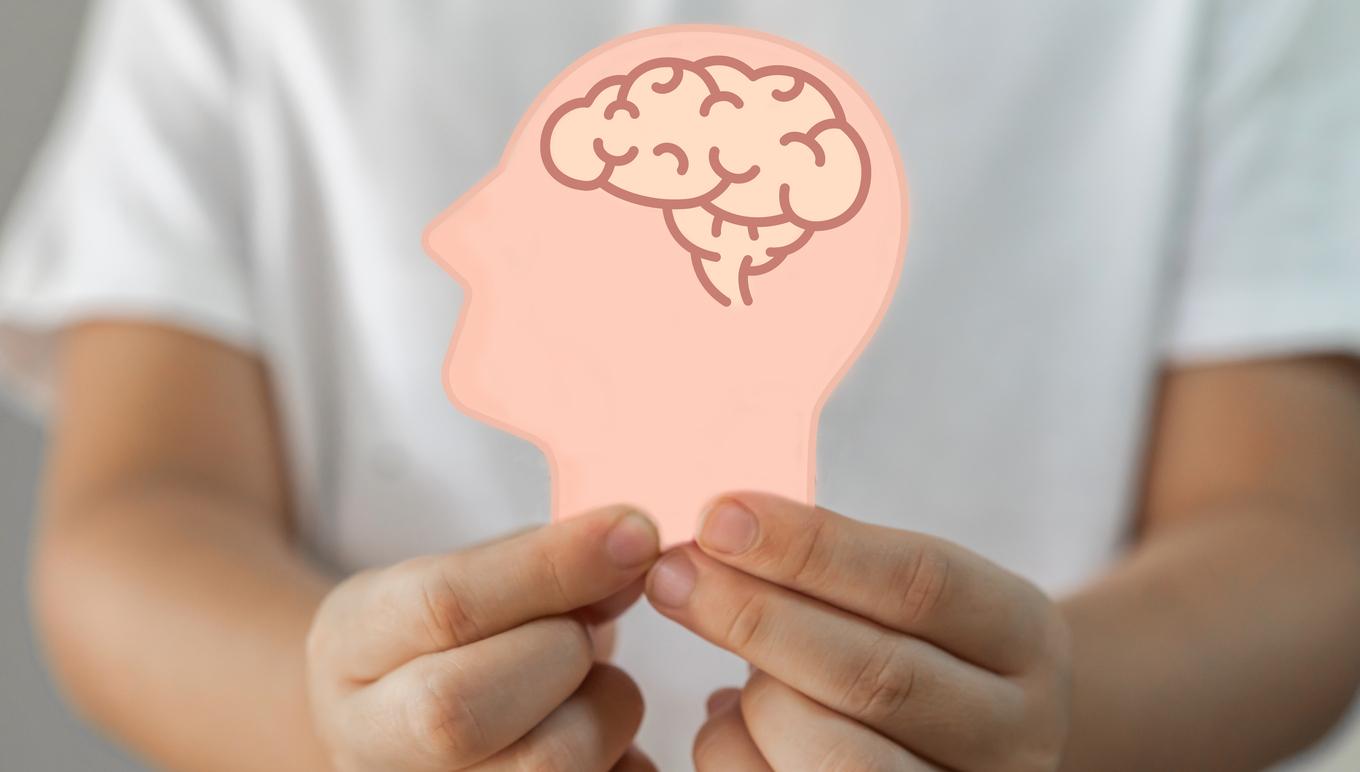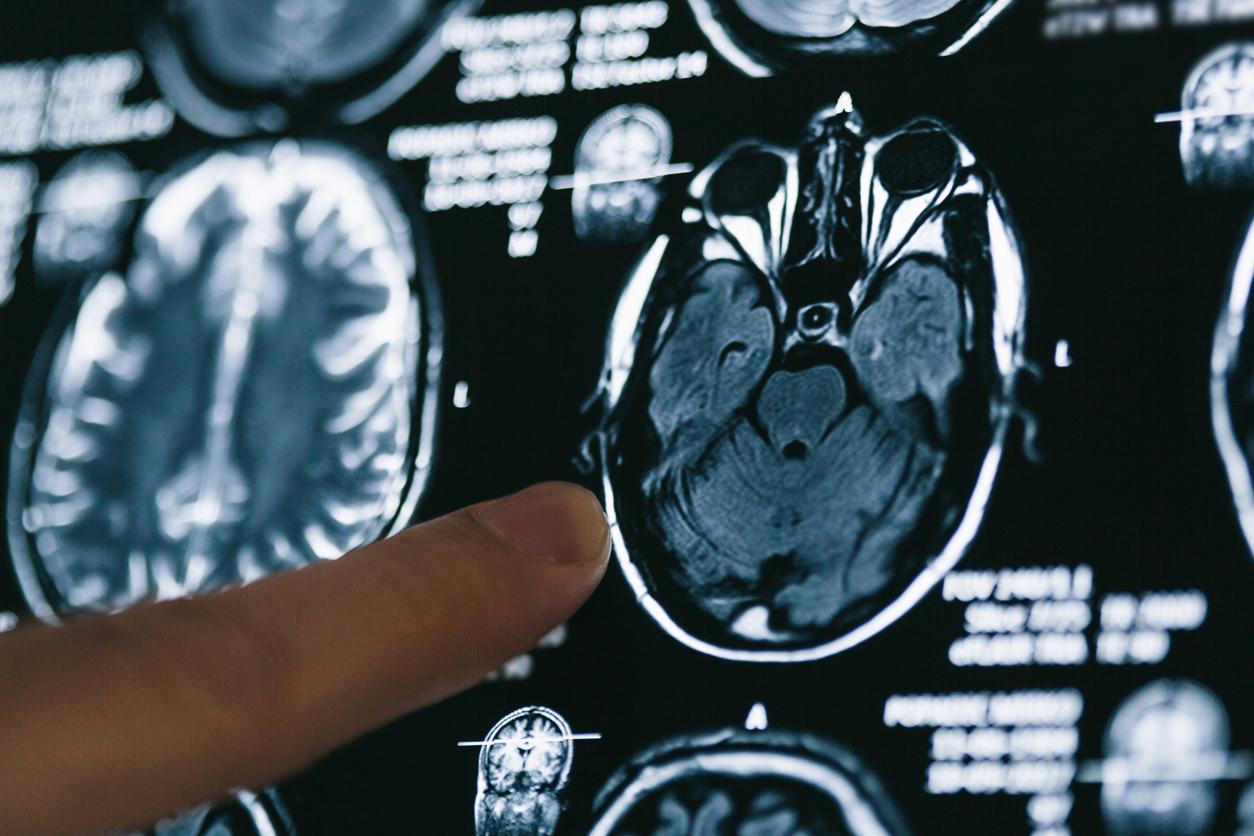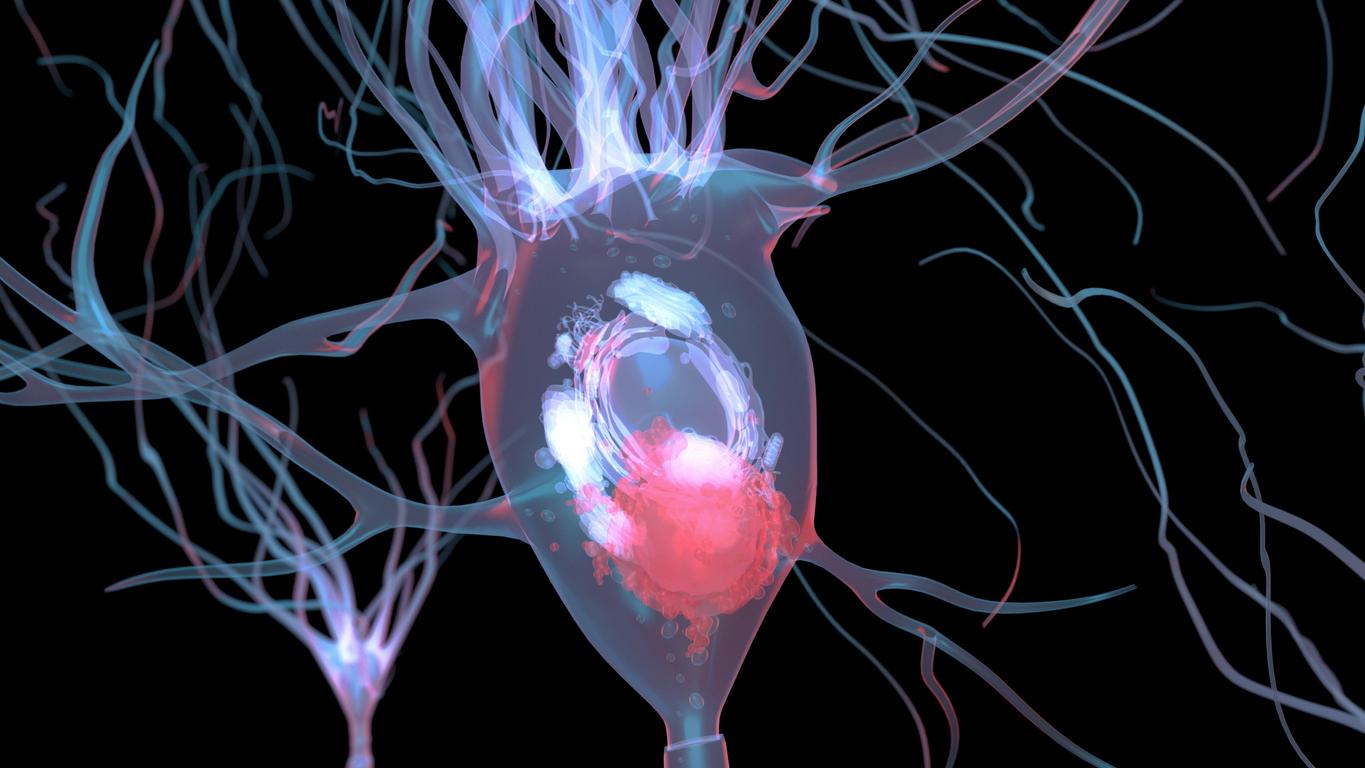Their brains show all the signs of the disease, but they have not suffered any symptoms.
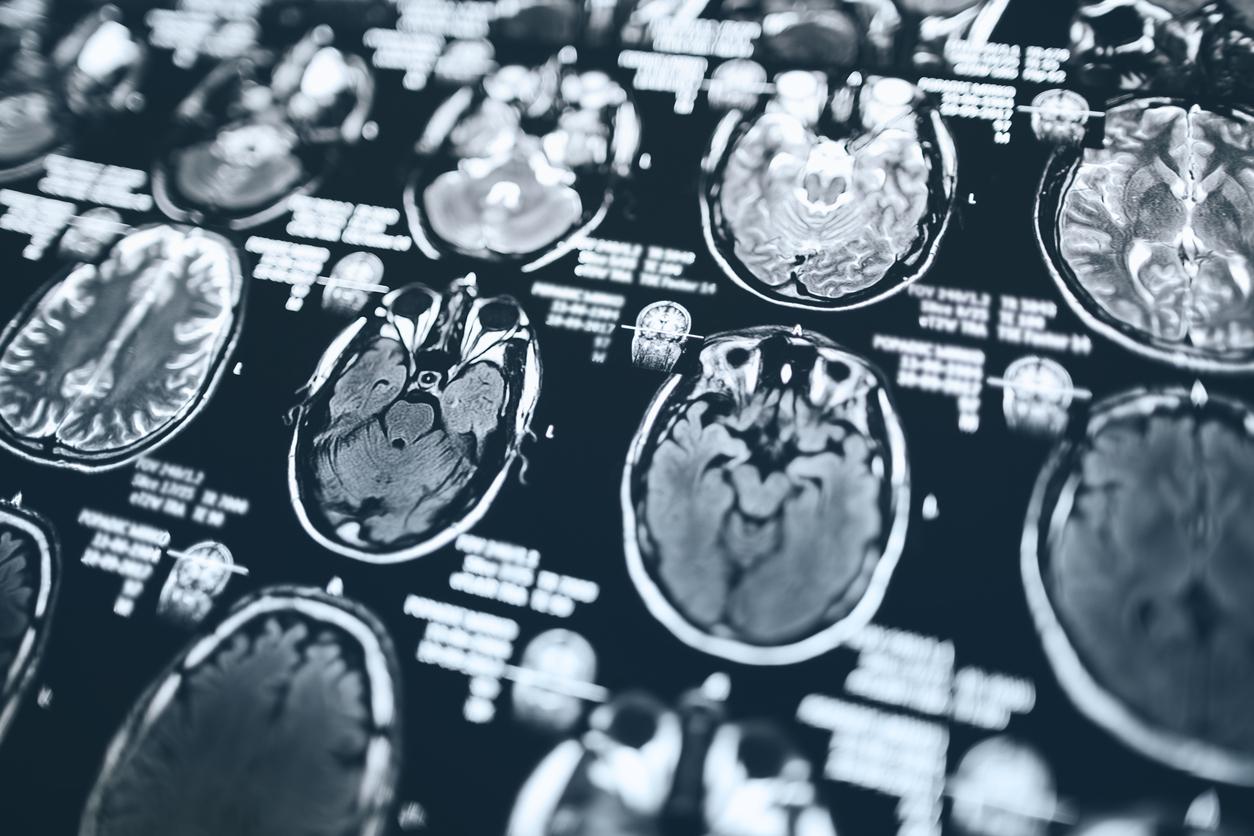
- In France, 900,000 people suffer from Alzheimer’s disease.
- The symptoms of this disease are generally very disabling (progressive loss of memory and autonomy).
- However, researchers have just identified 12 people who suffered from Alzheimer’s disease without any symptoms.
Thanks to the Dutch Brain Bank, 12 cases of people who developed asymptomatic Alzheimer’s disease during their lifetime were identified and then studied.
Alzheimer’s: how to identify 12 cases without symptoms?
The Dutch Brain Bank, located in Amsterdam, is a very important resource for neuroscience researchers. Brain tissue samples are stored there with a detailed account of their possible pathology(ies) and a copy of each donor’s anonymized medical records.
These elements allow scientists to compare pathologies located inside the brain tissue of a deceased person with the symptoms they presented while alive.
Recently, a team led by Luuk de Vries identified surprising anomalies in this mass of information. The brains of 12 people had all the hallmarks of Alzheimer’s disease, but a check of their medical records revealed that they had never had symptoms.
Alzheimer’s without symptoms: “What happened is not yet clear”
“What happened in these people at the molecular and cellular level is not yet clear.”said Luuk de Vries in a press release.
To investigate further, his team examined the genetic profiles of brain samples from 35 donors. Some had suffered from Alzheimer’s disease and associated symptoms, others had never suffered from Alzheimer’s disease, and the last belonged to the group of Alzheimer’s patients without symptoms mentioned at the beginning of the article.
“When we looked at gene expression, we found that a number of processes were altered in the symptom-free Alzheimer’s group,” explained Luuk de Vries. “In particular, astrocytes appeared to produce more metallothionein, an antioxidant,” he detailed.
Astrocytes are cells that help clean up toxic elements stored in the brain. It would therefore make sense that people who are able to resist the symptoms of Alzheimer’s disease for longer would have more efficient astrocytes.
Alzheimer’s: still no treatment to overcome the symptoms
In France, 900,000 people suffer from Alzheimer’s disease, a neurodegenerative pathology characterized by progressive and irreversible damage to the brain.
Despite extensive research, no treatment has yet been effective in overcoming the symptoms (progressive loss of memory and autonomy).
“Among cases occurring in those under 65, 10% concern people with rare hereditary familial forms of Alzheimer’s disease. After this age, the frequency of the disease rises to 2 to 4% of the general population,” specifies Inserm.











